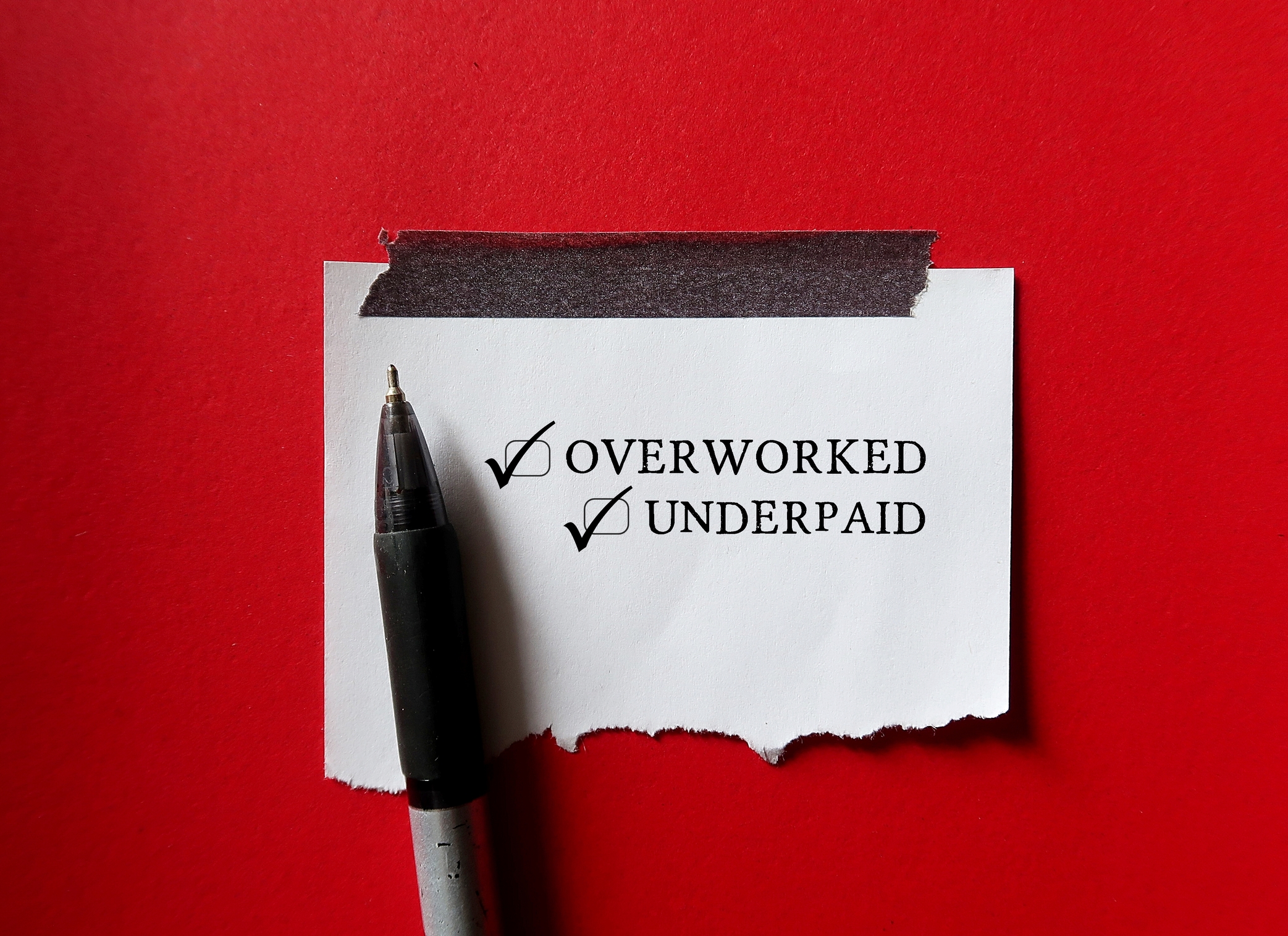Navigating the complex compensation world can be daunting, especially if you suspect you’re being underpaid. Kelly Harry’s experience sheds light on a common yet often unaddressed issue in the workplace: realizing and rectifying one’s salary compared to industry standards. Through real-life insights and expert advice, this article explores practical strategies for employees in a similar situation.
Discovering the Discrepancy
Kelly Harry, initially content with her $40,000 salary at a major New York news organization, had her perspective shifted dramatically after a casual chat with a coworker. “It never occurred to me until that conversation that I was severely underpaid,” Harry told CNBC, revealing the stark contrast in their earnings. This realization highlights the importance of transparency and communication among colleagues regarding compensation.
The Reality of Wage Disparities
Not all salary gaps are straightforward or unjustified. According to Peter Cappelli, a professor at The Wharton School, market conditions and wage compression can lead to pay discrepancies. “An objective person might say these pay differences are not that different, or there are justifications for them,” he explained, pointing out the complex interplay of factors influencing salaries.
Equipping Yourself with Market Knowledge
Upon realizing the disparity, Harry delved into extensive research to understand her market worth. Career experts like Sho Dewan emphasize comparing one’s salary to the market rather than just to a colleague. “The term underpaid shouldn’t be used to compare you to a colleague,” Dewan advised. This approach ensures a more objective and comprehensive understanding of one’s financial valuation in the job market.
Strategizing Salary Negotiation
Only a minority of Americans feel satisfied with their pay, which prompts many to consider asking for a raise. Career coaches stress the importance of preparation and tact in these discussions. “You should never bring up another co-worker’s name in that conversation,” Dewan cautioned, suggesting that negotiations should focus on personal performance and market data.
Evaluating Opportunities Beyond Your Current Role
If negotiations falter, seeking new opportunities might be the best path forward. “If that does not work out for whatever reason, that is when you need to [ask yourself], will I ever get paid what I’m worth?” Dewan highlighted. For Harry, this meant leaving for a better opportunity, which eventually led to her becoming an assistant VP, underscoring the potential benefits of making a bold career move.
Realizing you’re underpaid can be a pivotal moment in your career, as Kelly Harry’s journey illustrates. By understanding market dynamics, conducting thorough salary research, and negotiating effectively, you can ensure your compensation reflects your actual value. If all else fails, consider exploring new horizons where your skills and experience are adequately rewarded, much like Harry did, paving her path to success in a more supportive environment.







